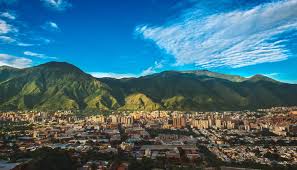On March 24, Venezuelan prosecutors arrested 21 individuals, including businessmen and government officials, for their involvement in a crypto-related corruption scheme on state oil company Petroles de Venezuela SA (PDVSA). The government also released arrest warrants for 11 more individuals allegedly participating in the same scheme.
The investigation into PDVSA, the judiciary, and the country’s crypto watchdog, Sunacrip, began in October 2022. Attorney General Tarek Saab referred to it as “one of the most lurid plots in recent years.” He stated that Sunacrip assigned oil cargoes for sale without administrative control, which allowed receivers to purchase these cargoes without making a registered payment.
The use of cryptocurrencies to settle illegal oil deals is not new in Venezuela. In 2019, the US government imposed sanctions on the country after detecting that Venezuelan oil shipments were paid via cryptocurrencies. In February 2023, local news outlets reported that two oil brokers were facing charges for using Tether (USDT) to dodge sanctions and settlement payments.
Saab’s office has investigated over 30 cases linked to the country’s oil corruption, leading to the prosecution of almost 200 people. In the last week, a handful of government officials and businessmen were also arrested or removed from their positions.
On Mar. 20, Venezuelan anti-corruption prosecutors sent a letter to the attorney general requesting that PDVSA officials be investigated. The company’s president resigned on the same day, and two days later, the Venezuelan president assigned PDVSA’s new chairman, Pedro Tellechea, as the country’s new oil minister.
The latest arrests are a reminder of the importance of ethical business practices in the crypto industry. While the anonymity of cryptocurrencies can provide some benefits, it can also enable corrupt activities. Governments around the world are taking notice and cracking down on such practices, and businesses must comply with regulations to avoid being caught up in such scandals.



